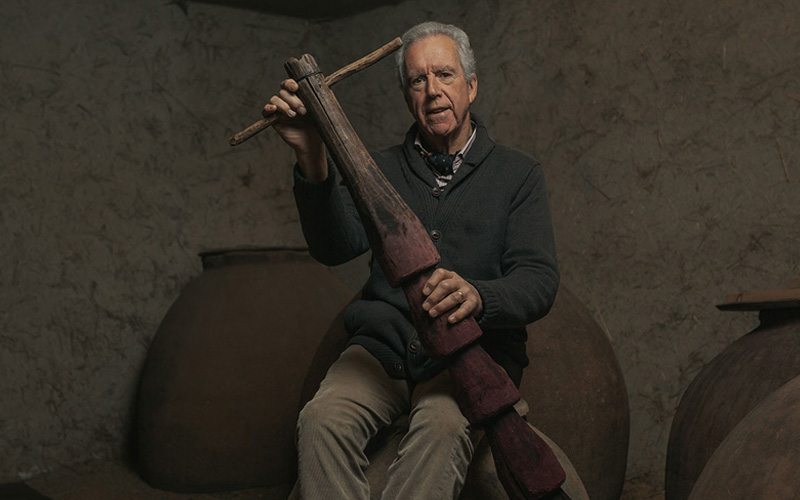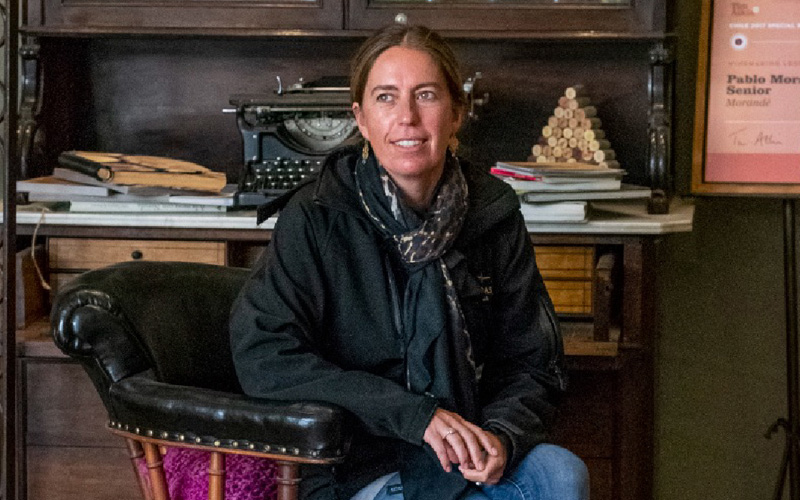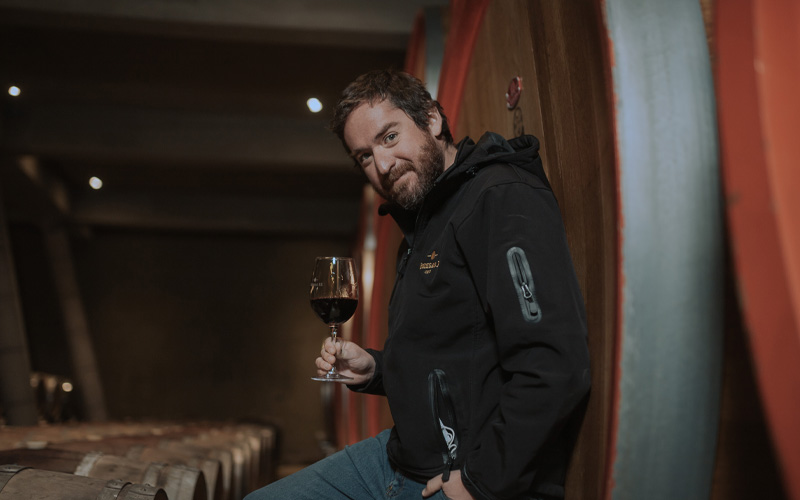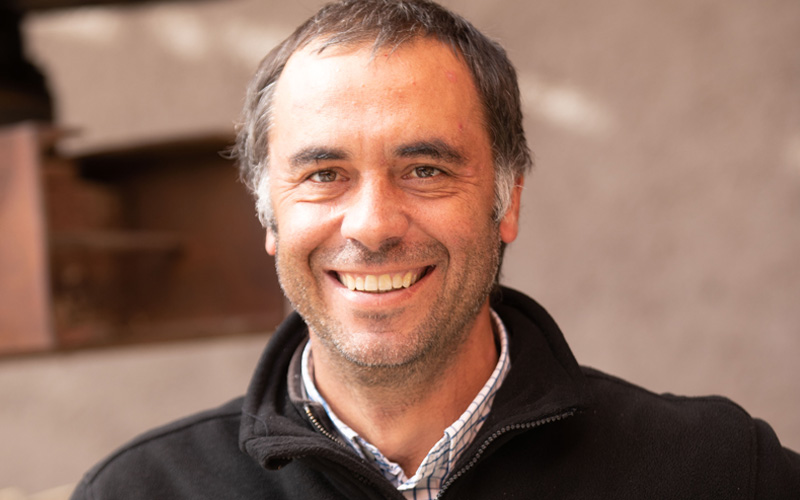Cart 0
RE Family
Pablo Morandé Lavín

The fifth generation of a family of winemakers from the Cauquenes area of the Maule Valley, he began working as a winemaker at Viña Concha y Toro, where he worked for two decades.
He was the creator of Don Melchor, the first Chilean icon to reach ninety-six points in Wine Spectator, the first to develop a Late Harvest in Chile and bottled the first Chilean chardonnay.
The story goes that Pablo Morandé L. was the discoverer of the Casablanca Valley, planting there for the first time in 1982 against the opinions of industry experts at the time.
Later he founded Viña Morandé in what would become the first winery in the Casablanca Valley, where today he is responsible for the production of award-winning sparkling wines.
In 2008, one of his great feats and challenges began to bear fruit with the production of an elegant Carignan del Maule made in old vats.
This is how his dream began to come true and later in 2012 he opened the doors of his long-awaited winery in Casablanca, Bodegas RE, home of old Maulina jars and giant clay amphorae that give rise to wines of ancestral character in today's times, rescuing the land, the people who work the vines and the family traditions.
Winemaker and administrator of Bodegas RE.
A mother of four, she inherited a deep-rooted passion from her distinguished father, Pablo Morandé L., born and raised among vines, Piedad embarked on a journey of learning and perfecting her skills in agronomy and enology. Today, she plays a key role as a leader in the management of the family emporium and winery, masterfully fusing Chilean winemaking tradition with an innovative and environmentally conscious vision.
Daughter of a visionary,
Piedad has transformed the winery into an epicenter of quality, excellence and welcoming visitors. Her leadership has taken the winery to new heights.
In her role as administrator, Piedad continues to weave the history of the Morandé family, trying to preserve, cultivate and maintain our traditions.
M. Piedad Morandé D.

Pablo Morandé Desbordes

Winemaker and architect of the RE family winemaking tradition.
He has dedicated his life to REcreating and REvealing the ancestral wines of Bodegas RE. He comes from a respected lineage in Chilean viticulture and is the son of Pablo Morandé Lavín, a key figure in the country's winemaking history.
Together with his father, Pablo has masterfully revived ancestral practices, infusing each bottle with the knowledge passed down from generation to generation.
Its role as a leader in the harvesting and winemaking processes reflects its deep commitment to quality and authenticity, consolidating Bodegas RE as a beacon of winemaking excellence.
General Manager of Bodegas RE and life partner of Piedad Morandé.
He deploys his entrepreneurial skills and passion for wine in the management of the family winery. In charge of the management and marketing of the prestigious RE wines, Cristobal has been a driving force in the consolidation of the brand.
His strategic vision and management skills have been fundamental to the expansion of Bodegas RE, allowing the Morandé family's wines to reach new markets.
In partnership with Piedad, Cristóbal Santolaya embodies the fusion of tradition and modernity, contributing to the sustainable growth and continued success of the family winery.
Cristóbal Santolaya Martínez

José Crispi

